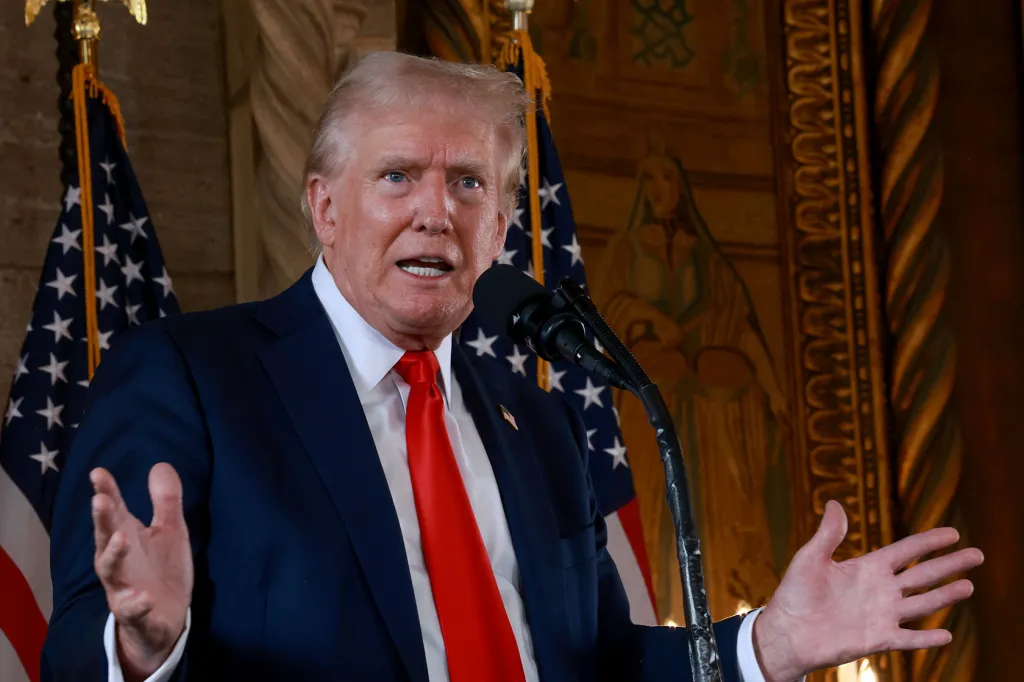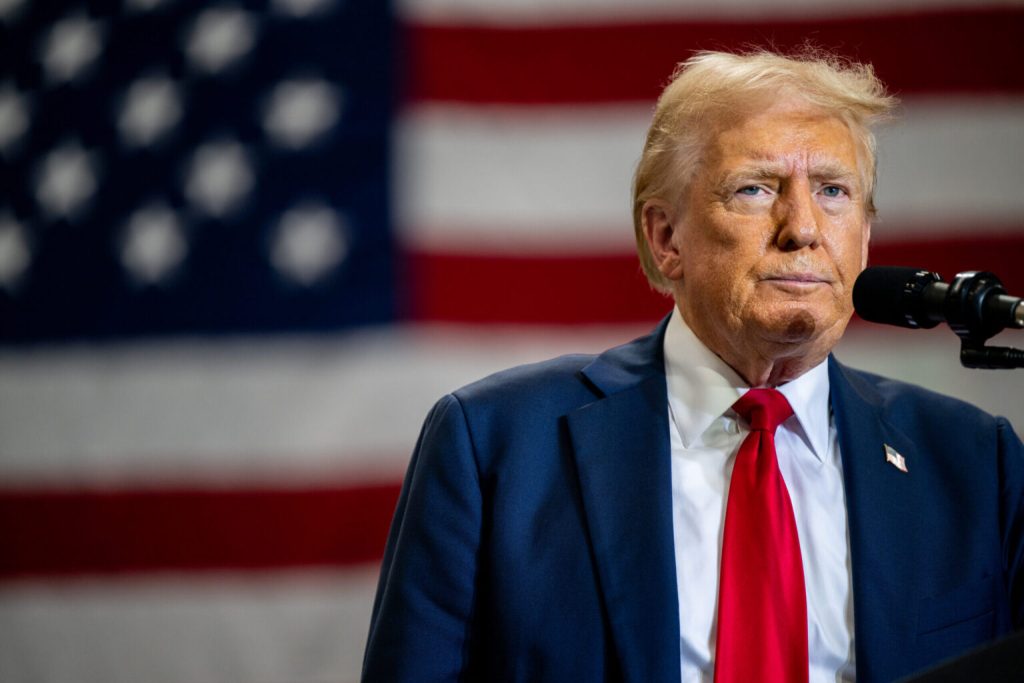
In a rare display of political independence, Congressman Justin Amash, a Republican from Michigan, broke ranks with his party in 2019 to deliver a striking critique of then-President Donald Trump. Writing in The New York Times, Amash called the impeachment debate a “false choice” between loyalty to party and duty to country, laying out a historical and constitutional case for why he believed Trump had committed impeachable offenses.
Amash, who had been a five-term congressman and founding member of the conservative House Freedom Caucus, became the first Republican in Congress to openly support Trump’s impeachment following the release of the Mueller Report. His opinion piece challenged the notion that impeachment was solely a partisan tool and urged his colleagues to evaluate the facts with integrity and historical awareness.
A Break from Party Lines
The op-ed followed Amash’s public statement in May 2019, in which he concluded that President Trump had “engaged in impeachable conduct” after carefully reading Special Counsel Robert Mueller’s report on Russian interference in the 2016 election. Amash accused Attorney General William Barr of deliberately misrepresenting the contents of the report to protect the President.
“Attorney General Barr has deliberately misrepresented Mueller’s report,” Amash wrote in a widely shared Twitter thread. He added that few members of Congress had actually read the full report, and those who had would recognize the seriousness of its findings.
Mueller’s full report, available through the U.S. Department of Justice here, outlines several instances where Trump allegedly attempted to obstruct justice, though Mueller did not make a definitive legal conclusion on whether Trump committed a crime.
Republican Backlash

Amash’s comments drew swift rebuke from fellow Republicans. President Trump called him a “total loser,” while House Minority Leader Kevin McCarthy inaccurately claimed that Amash voted more frequently with Democratic Speaker Nancy Pelosi than with GOP leadership—a statement that was later debunked by independent fact-checkers.
Despite the backlash, Amash remained resolute. In June 2019, he resigned from the House Freedom Caucus, the very group he had helped found. By July, he had formally left the Republican Party, declaring his independence on the Fourth of July via another op-ed in The Washington Post.
“Modern politics is trapped in a partisan death spiral,” Amash wrote. “I’m asking you to join me in rejecting the partisan loyalties and rhetoric that divide and dehumanize us.”
His departure from the GOP was seen as a bold but risky move, particularly given the deep loyalty many Republican voters and lawmakers expressed toward Trump at the time.
A New Political Path
After becoming an independent, Amash later joined the Libertarian Party in 2020, briefly launching an exploratory committee to run for president. Although he ultimately decided not to pursue a White House bid, his actions elevated his national profile and prompted discussions about the future of third-party politics in the United States.
Amash’s criticism of Trump and his calls for impeachment stood in sharp contrast to the general stance of the Republican Party. The Trump administration, despite being under investigation, maintained broad support among GOP lawmakers and a significant portion of its voter base.
Impeachment in Context
While Amash’s public dissent did not shift the majority opinion within the GOP, it served as a reminder of the constitutional principles underpinning the impeachment process. The U.S. Constitution grants Congress the power to impeach a sitting president for “Treason, Bribery, or other high Crimes and Misdemeanors.” For more information on the impeachment process, visit congress.gov.
Amash’s stance forced a national conversation on whether party loyalty should override constitutional duty. His decision to speak out was not just a critique of Trump but a broader indictment of partisanship in American politics.
A Legacy of Principle

Though Amash left Congress in 2021 and has since maintained a lower public profile, his break with the GOP continues to be viewed as one of the more principled stands taken during the Trump era. In an age of hyper-partisanship, his insistence on independent judgment and constitutional fidelity resonated with many Americans, even if it cost him politically.
His story underscores the tension between political allegiance and personal conviction, and how rare it is for elected officials to cross party lines when the stakes are highest. Amash’s actions remain a powerful example of how one voice, even in the minority, can challenge prevailing narratives and spark essential debate.



